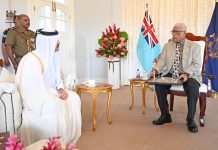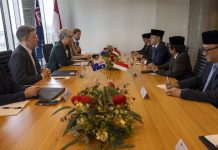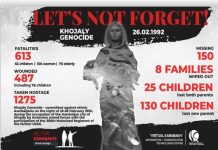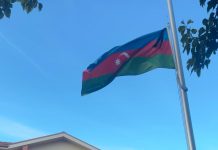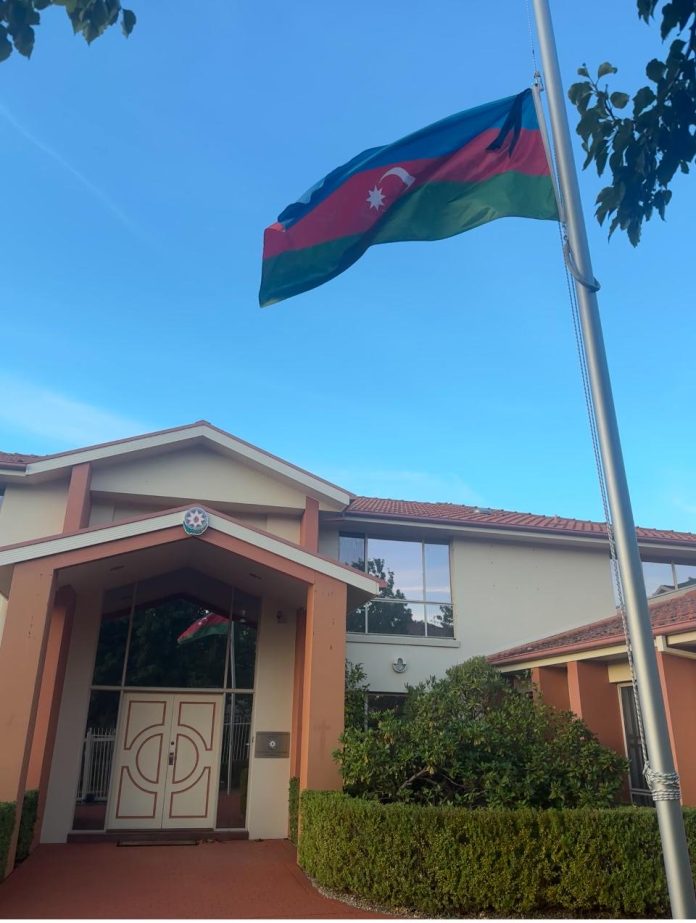Baku, Azerbaijan – Today marks the 35th anniversary of Black January, a pivotal and somber chapter in Azerbaijan’s history. Across the nation and at Azerbaijani embassies worldwide, flags were lowered in tribute to the victims of January 20, 1990, a day etched into the country’s collective memory.
On that fateful night, Soviet troops descended on Baku, the capital of Azerbaijan, to suppress the country’s growing calls for independence. The violent crackdown resulted in the deaths of 147 civilians and left approximately 800 others injured, leaving an indelible mark on the nation’s history and memory.
The Roots of the Tragedy
The roots of Black January trace back to the late 1980s, when Azerbaijan’s independence movement gained momentum amidst the Soviet Union’s declining power. Calls for sovereignty and territorial integrity echoed throughout the republic, manifesting in mass protests. These calls were further fueled by the systemic discrimination of the former Soviet authorities against Azerbaijan and its people.
Fabricated provocations, such as the infamous “Sumgayit events,” were orchestrated in an attempt to justify the continuation of unfounded territorial claims by Armenia against Azerbaijan. Coupled with the mass deportation of Azerbaijanis from the territories of present-day Armenia, these injustices galvanized the Azerbaijani people into a resolute national liberation movement.
The Night of Violence
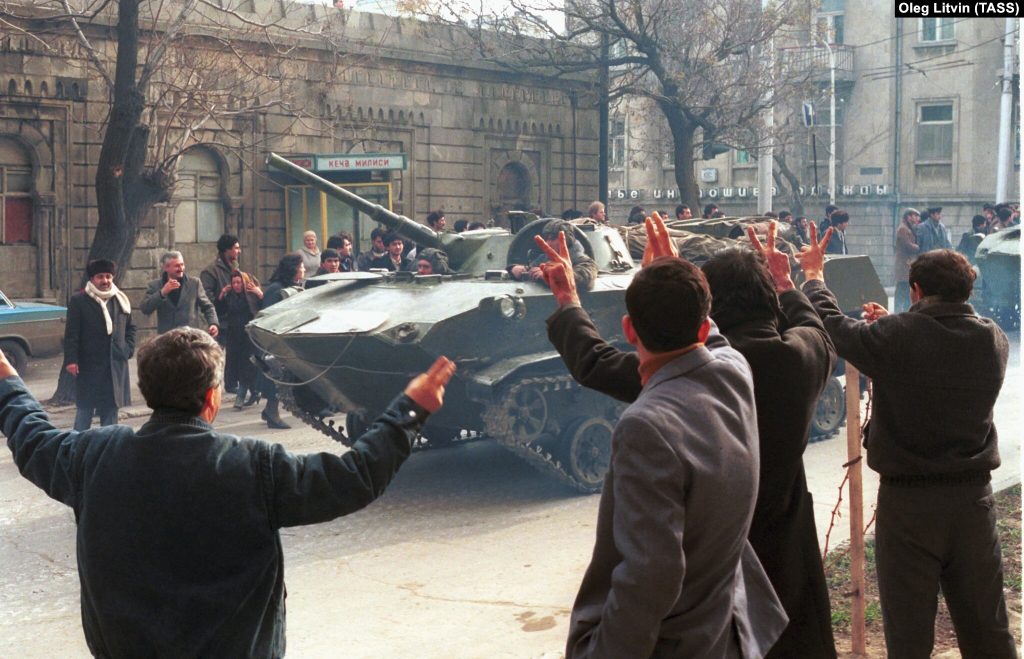
In response to these growing calls for independence, Soviet leadership launched a military operation to silence the movement. On the night of January 19-20, 1990, approximately 26,000 Soviet troops entered Baku under orders to reassert control. Their actions were marked by indiscriminate violence against unarmed civilians. Tanks and military units fired on peaceful demonstrators, attacked public transportation, and even targeted hospitals and ambulances. International observers, including Helsinki Human Rights Watch, documented the disproportionate use of force, condemning the brutality inflicted upon a defenceless population.
Despite the tragic loss of life, the events of Black January galvanized the Azerbaijani people. The nation’s resolve for independence only grew stronger in the aftermath. On January 21, 1990, national leader Heydar Aliyev publicly condemned the Soviet leadership, expressing solidarity with his people and demanding accountability for the atrocities. His stand marked a turning point in Azerbaijan’s struggle for sovereignty and the formation of a unified national identity.
The Aftermath and Legacy

Following Azerbaijan’s declaration of independence in 1991, the events of Black January were thoroughly investigated and received formal political and legal recognition. While the perpetrators of the tragedy were never brought to justice, Azerbaijan has ensured that the sacrifices of the victims are remembered and honored. The Alley of Martyrs in Baku, a revered site overlooking the Caspian Sea, stands as a lasting tribute to those who lost their lives on that night.
Each year, thousands of Azerbaijanis visit the site to pay their respects, reaffirming their commitment to the values of freedom and independence. This year, the 35th anniversary of Black January is not only a moment of reflection but also a testament to the resilience and unity of the Azerbaijani people. The tragedy serves as a somber reminder of the cost of freedom and an enduring inspiration for the nation’s unwavering dedication to sovereignty and self-determination.
As Azerbaijan observes this solemn anniversary, the sacrifices made by those who perished on January 20, 1990, continue to guide and strengthen the nation’s commitment to upholding its independence and preserving its national identity.








